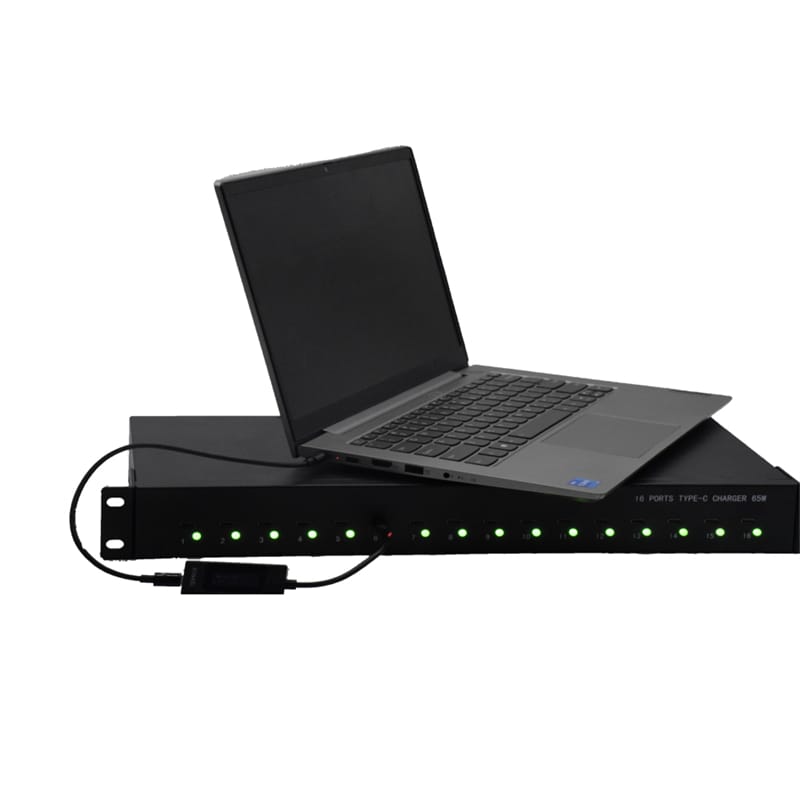The European Union has taken a monumental step towards sustainability and consumer convenience by officially adopting USB-C as the universal charging standard for electronic devices. This legislation, which has been in the works for several years, aims to address the growing concerns over electronic waste and the proliferation of incompatible chargers that have become a nuisance for consumers across the continent.
The decision to implement USB-C as the mandated charging port stems from extensive discussions within the EU, where policymakers recognized the need for a unified approach to charging technology. The current landscape, characterized by a multitude of charging standards, has led to significant frustrations among consumers who often find themselves juggling various chargers for their devices. By establishing USB-C as the standard, the EU aims to simplify the user experience, allowing consumers to use a single charger for multiple devices.
The legislation will apply to a wide array of electronic products, including smartphones, tablets, e-readers, cameras, and laptops. The phased implementation is set to begin in 2024, allowing manufacturers time to adapt their products to meet the new requirements. This transition period is crucial, as it provides companies with the opportunity to align their production processes and product designs with the new standard without causing significant disruption to the market.
One of the primary motivations behind this legislation is the EU’s commitment to reducing electronic waste, a growing environmental concern. According to estimates, millions of tons of electronic waste are generated each year, much of which is attributable to discarded chargers and cables. By standardizing the charging port, the EU hopes to minimize the number of chargers that consumers discard, ultimately contributing to a more sustainable approach to electronics consumption.
In addition to environmental benefits, the adoption of USB-C is expected to enhance consumer convenience significantly. With a single charging standard, users will no longer need to carry multiple chargers or search for the right one when traveling. This change is particularly beneficial for individuals who own multiple devices from different manufacturers, as they will be able to charge all their devices with a single USB-C charger.
The EU’s decision has garnered support from various stakeholders, including consumer advocacy groups and environmental organizations. These groups have long championed the need for a universal charging standard, arguing that it would not only benefit consumers but also promote competition among manufacturers. With a common charging standard, companies will be encouraged to innovate and improve their products, knowing that consumers will have a consistent charging solution.
However, the transition to USB-C is not without its challenges. Some manufacturers have expressed concerns about the potential costs associated with retooling production lines and redesigning products to accommodate the new standard. While the EU has acknowledged these concerns, it remains steadfast in its commitment to the legislation, emphasizing the long-term benefits for consumers and the environment.
The legislation also includes provisions for ensuring that consumers are informed about the changes. Manufacturers will be required to provide clear information about the compatibility of their products with the new charging standard. This transparency will help consumers make informed purchasing decisions and facilitate a smoother transition to USB-C charging.
As the EU moves forward with this initiative, it is essential for manufacturers to begin planning for the upcoming changes. The phased implementation timeline provides a window of opportunity for companies to adapt their products and processes. By embracing the new standard, manufacturers can position themselves favorably in a market that increasingly values sustainability and consumer convenience.
In conclusion, the adoption of USB-C as the universal charging standard in Europe marks a significant milestone in the region’s efforts to promote sustainability and enhance consumer experience. By reducing electronic waste and simplifying the charging process, this legislation is poised to have a lasting impact on the electronics market. As the transition unfolds, it will be crucial for both manufacturers and consumers to adapt to this new standard, paving the way for a more sustainable and convenient future in electronic device usage.



